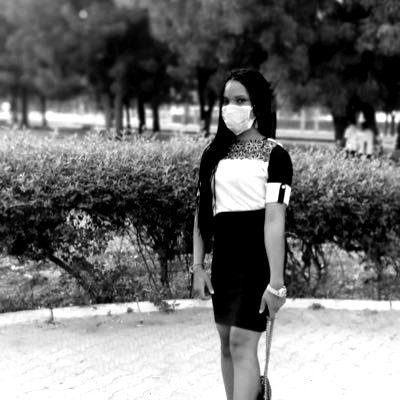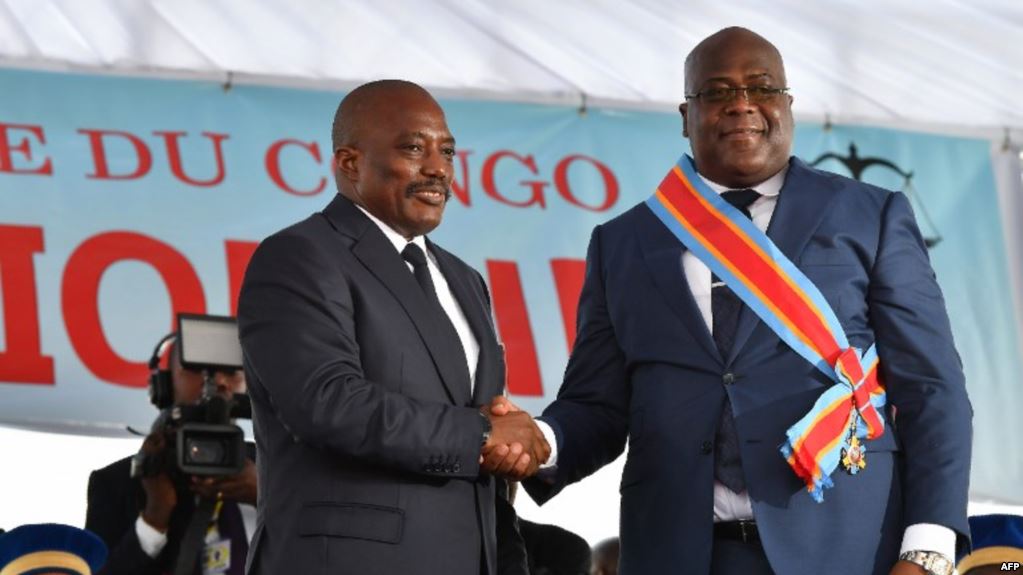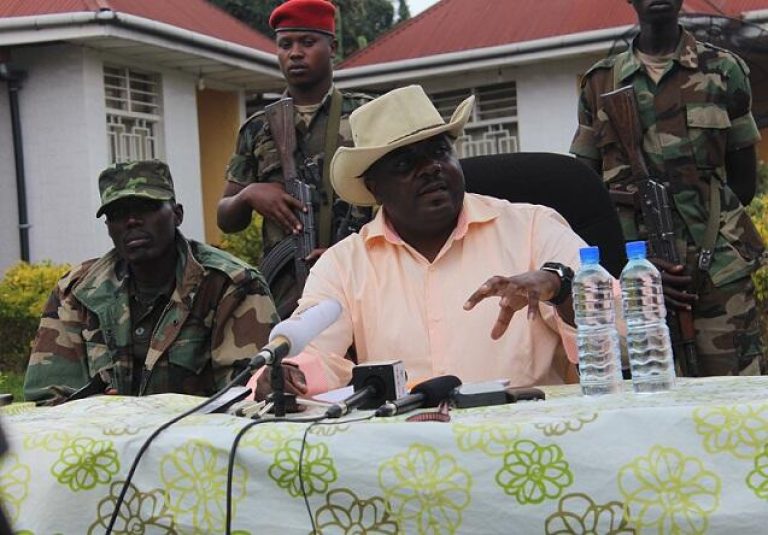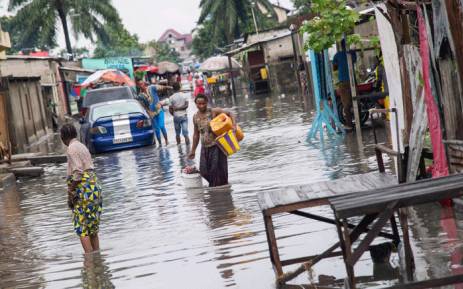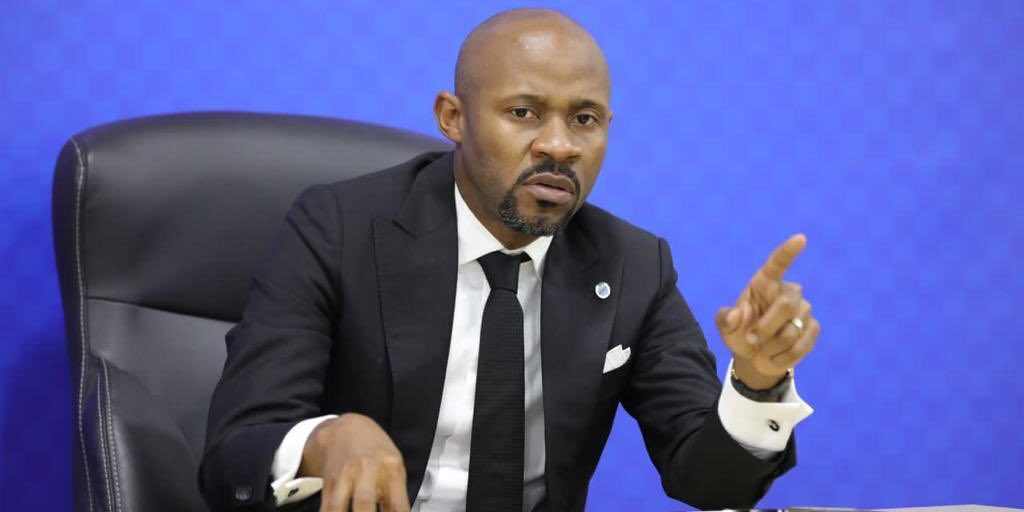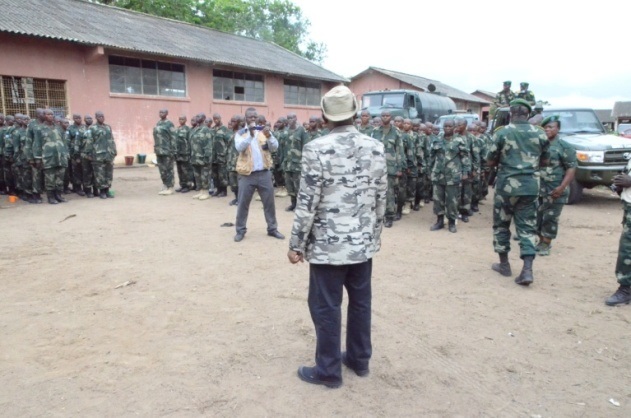Regional
DRC: How credible is leaked UN experts’ report against Rwanda?

According to a leaked report by a group of
independent United Nations experts, Rwanda's army "engaged in military
operations" against DRC's military in the country's troubled east.
The report leaked on December 22 claims that there is "substantial evidence”
pinning the Rwanda Defence Force (RDF) on directly intervening in the DRC’s
fight against the M23 rebels. The report alleges that Rwanda provided troop reinforcements
to the M23, and that it supported the rebel group with weapons, ammunition and
uniforms, among others.
The M23, or "March 23 Movement," is
a Congolese rebel group that was defeated in 2013 and fled to Rwanda and
Uganda. The group resumed activities again in late 2021 and now occupies swathes
of territory in the east of DRC.
According to the leaked UN report, the experts having seen M23 leaders and combatants in June wearing new uniforms, Kevlar helmets and bulletproof vests, and carrying military equipment which was not part of their traditional arsenal was proof that Rwanda was supporting the rebel group.
“This shows that either the M23 had recently
acquired this materiel notably after the crisis of 2012-2013, or recovered
equipment belonged to a regular army supporting the M23,” reads part of the
report.
But
how credible are these so-called ‘facts’
or evidence as presented in the report?
Rwanda does not have any military equipment’s
industry; all of the country’s arms and ammunitions are imported and can be
easily found on the international market. The M23 has the liberty and ability
to acquire such military equipment the same way any other armed group does. Don’t
forget the fact that the rebels have overrun Congolese army positions and
grabbed lots of arms in the past few months. In mid 2022, when M23 rebels
captured Rumangabo, a major national army camp in Rutshuru territory, they found
hundreds of weapons abandoned by the Congolese army, FARDC, when it fled. The captured
arms and military equipment were brand new and of the latest versions.
The DRC government arms most rebel groups
itself, as documented by the same UN GoE in previous reports as well as other
reports by human rights organizations, when supporting the weak or
dysfunctional national army. Kinshasa often acquires weapons, supplies its
incapable army. The latter, in return, abandons the weapons during battles with
the numerous armed groups in the country.
The report further advanced baseless allegations
of cross-border supply of artillery, weapons, and ammunitions, in areas
bordering Rwanda. Fact is; the M23 rebels control the Bunagana area
which is on the border with Uganda, not Rwanda. One wonders, therefore, how Rwanda
would supply the rebels with weapons
through Bunagana. How would these weapons pass, unnoticed, through the
DRC-Uganda border? There are several unanswered
questions that raise eyebrows on the credibility of the UN GoE report.
As per the report, according to eyewitnesses,
captured M23 combatants, FARDC sources, civil society actors local authorities,
interviewed by the group of experts in the areas of Kibumba, Rumangabo, Rugari,
Ntamugenga, Kiwanja, in Nyiragongo and Rutshuru Territories, reported the
presence of RDF troops, marching in columns from the Rwandan border entering
the DRC.
“The soldiers (RDF) wore standard military
uniforms and equipment,” noted the experts, adding that at least five Rwandan soldiers
have been arrested on Congolese territory.
The fact overlooked by the UN experts,
however, is that close to three decades now, the territories mentioned above; especially
in Nyiragongo and Rutshuru have been occupied by the FDLR, a Rwandan genocidal
terror group formed by remnants of the perpetrators of the 1994 Genocide against
the Tutsi in Rwanda, which is openly collaborating with the Congolese army, FARDC.
In these areas, anti-Rwanda government rhetoric
and propaganda is widely spread by the FDLR-FARDC coalition. The UN ‘experts’
took all the lies fed to them without bothering to fact check sources and
gather tangible facts. This is not only unprofessional but recklessness.
Meanwhile, among the five ‘arrested’ Rwandan soldiers
mentioned in the report, only two who were kidnapped on May 23 while on patrol
along the border between the two countries, were returned. Up to now, Kinshasa
has failed to show any tangible evidence of the capture of three others, as
required by diplomatic and military protocol.
This begs the question; what evidence does
the UN Group of Experts have to back their wild claims?
The policy of blaming Rwanda so as to deflect
blame and evade accountability for persistent governance failure in the DRC
comes at a huge cost to citizens on both sides of the border.
Rwanda does not support M23 rebels and it has
come out, repeatedly, to state so, as well as highlight its main concern – the threat
of a genocide ideology being spread by FDLR.
The UN Group of Experts’ report is full of
curated lies and inaccuracies intent on shading or advancing a moral
equivalence that actually does not exist. The report is, in part, flawed
because it distorts issues.
The M23 rebellion is an internal political
crisis and Congolese authorities must carry their own cross rather than blaming
their neighbor, Rwanda, which is hosting thousands of peace-loving Congolese
refugees. The latter’s only wish is for their homeland to be purged of the
genocidal forces so that they can return home and live in peace.
It is high time that Kinshasa owns up; and admits
that the M23 is an internal crisis, which needs to be dealt with internally by
addressing the rebellion’s grievances.


